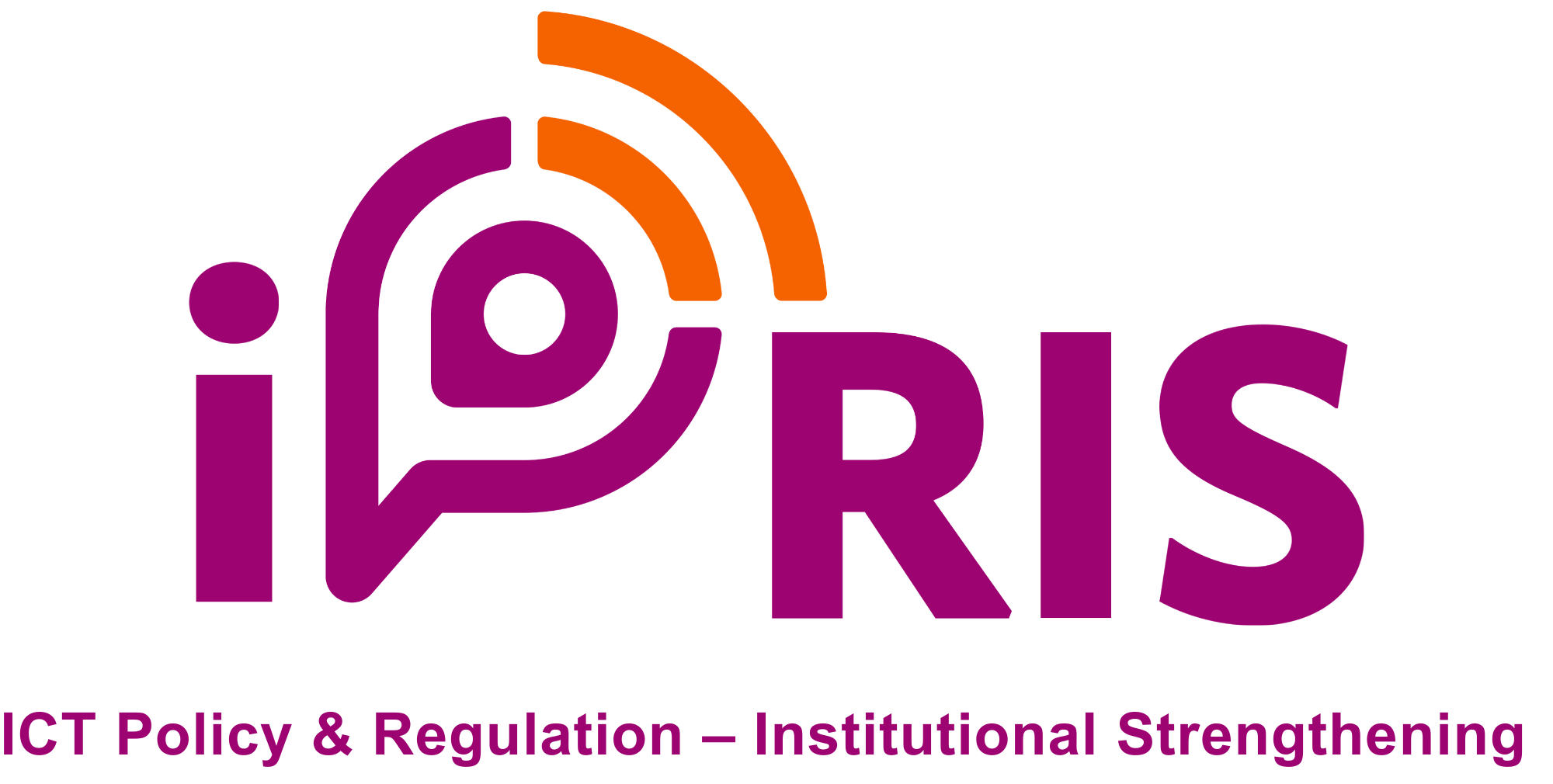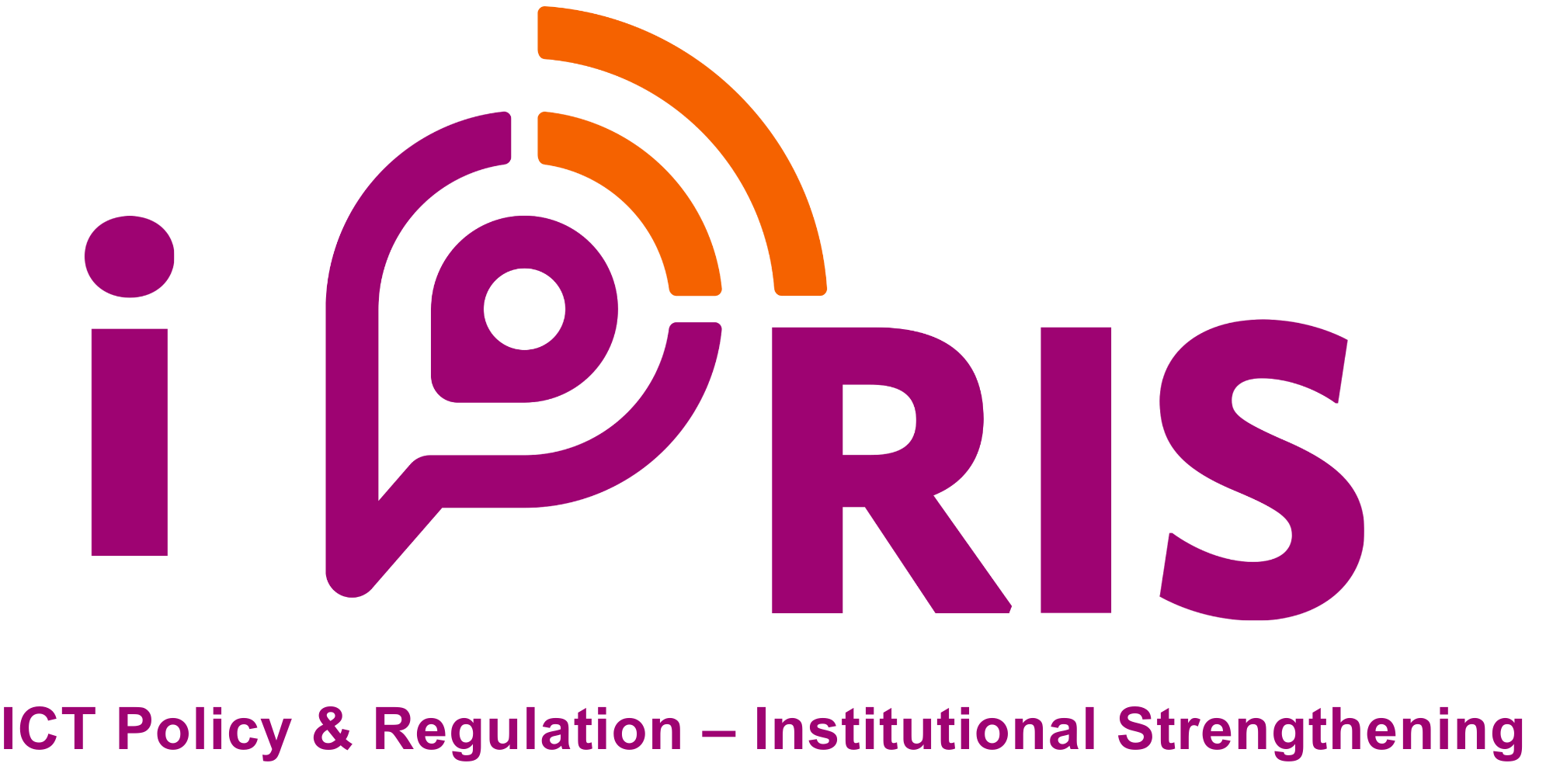After an intense year of collaboration, peer-to-peer learning, and policy innovation and a successful, insightful, and engaging Regional follow-up phase in Dar es Salaam, Tanzania, in October 2024, the iPRIS 2024A cohort officially joined the iPRIS alumni community. The cohort’s wrap-up plenary brought together national regulatory authorities from The Gambia (PURA), South Africa (ICASA), Lesotho (LCA), Uganda (UCC), Mauritius (ICTA), Tanzania (TCRA), regional bodies such as CRASA, the SPIDER team, PTS representatives, and a network of peers and experts.
The plenary session opened with acknowledgements from the facilitator, Kerstin Borglin, SPIDER, of the members present, including Katrina Schyberg, the project lead of iPRIS at PTS, Lars-Göran Hansson and Gustav Lenninger from PTS, and the other SPIDER associates in Stockholm: Caroline Wamala, Ulf Larsson, Alexandra Högberg, Katja Sarajeva, and Edna Soomre. The session was reflective and committed to showcasing achievements and the importance of continuous peer learning, all while highlighting the programme's core themes.
Showcasing Change Initiatives
Participants from respective countries presented the outcomes of its Change Initiatives (CI), reflecting on lessons learnt and shared plans for future implementations.
In the earlier session, South Africa’s ICASA shared its experience in developing Dynamic Spectrum Access (DSA) regulations. The project accomplished technical assessments and legal evaluation with ongoing public hearings. A few challenges were encountered, including resource constraints and timeline overruns; however, effective stakeholder engagement and diverse regional perspectives helped mitigate risk.
Lesotho’s LCA followed and shared the LCA’s cybersecurity regulatory instructions, which were approved in March 2025. They also highlighted the five-year alignment of the biannual reporting plan with stakeholders. Uganda’s UCC presented a revised National Numbering plan, and authorisation frameworks were in the final approval stages. The project focused on internal workflows through restructuring and leveraging data-driven management practices.
Mauritius’s ICTA discussed their public dashboards in development and also presented its updated Quality of Service (QoS) evaluation framework, which integrates crowdsourced user data and engages operators. The Gambia’s PURA introduced new consumer complaint-handling guidelines with refined KPIs. And Tanzania’s TCRA introduced its draft guidelines for satellite-terrestrial spectrum sharing. Established with stakeholder input, their project fosters partnerships between Mobile Network Operators (MNOs) and satellite operators.
Peer and Expert Reflections
The representatives from PTS, SPIDER, and CRASA applauded the cohort’s project presentations for their comprehensiveness, intent, and regional relevance. Emphasis on the importance of real-time monitoring and stakeholder engagements. Participants were also encouraged to view the conclusion of their CIs as the beginning of a continuous institutional development process. The participant countries highlighted the advantage of peer networks for sustaining change.
Looking Ahead
The 2024A cohort demonstrated that impactful regulation is possible when local expertise is combined with structured peer learning. The plenary session concluded with a unified understanding that real change requires sustained effort, and iPRIS provides a platform to facilitate evidence-based digital regulation across Africa.
Here are some video highlights from the cohort:
iPRIS is coordinated and implemented by SPIDER in strategic and technical partnership with the Swedish Post and Telecom Authority (PTS) and the Luxembourg Regulatory Institute (ILR).
iPRIS is funded by the European Union, Sweden, and Luxembourg as part of the Team Europe Initiative “D4D for Digital Economy and Society in Sub-Saharan Africa” (Code: 001).






